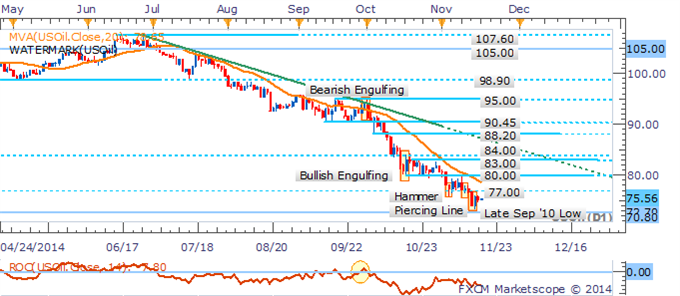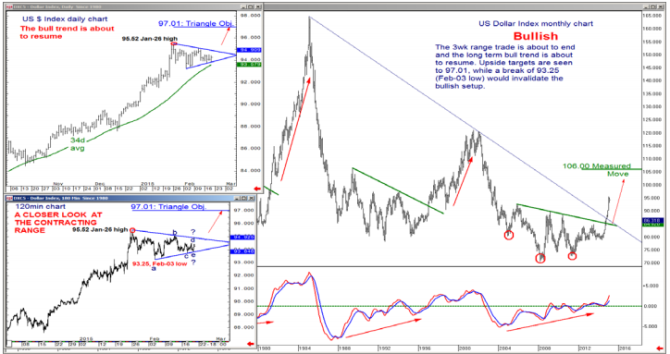The USD
Post on: 5 Июнь, 2015 No Comment

Posted 2 years ago | 5:45 AM | 7 June 2013 1 Comment
Theres more to the forex markets than economic reports and interest rates. As I mentioned a few weeks ago, intermarket correlations can also affect currencies. We touched on the Australian dollars unique relationship with gold. and we also discussed how oil prices can affect the Canadian dollar.
But did you know that equities and bonds can also affect the forex markets? In todays edition of Piponomics, well take a look at how the recent moves in the Nikkei 225 have been affecting the Japanese yen.
First, let me give yall a quick backgrounder on the relationship between the Nikkei and USD/JPY.
The Nikkei 225, more commonly known as the Nikkei, is the stock market index for the Tokyo stock exchange. Lately, the index has been on quite a decline, and it has been pulling USD/JPY down with it.
However, things havent always been this way. Before the financial crisis, the Nikkei and USD/JPY shared a negative correlation. If the Nikkei was up, more likely than not, you would find USD/JPY down. This behavior was a result of the belief that the performance of the stock market reflects the status of the country. Hence, a rally in the Nikkei often led investments to flow into Japan, which consequently strengthened the yen and pulled USD/JPY lower.
But after the world was rocked by the crisis, their relationship changed instead of moving in opposite directions, the Nikkei and USD/JPY began moving together! The markets began to look at the Japanese yen under a new light, resulting in a positive relationship between the Nikkei and USD/JPY.
Now, lets fast forward to 2013.
The Japanese stock market benefitted from the BOJs aggressive easing measures on expectations that overseas revenues of Japanese exporters would increase. Consequently, this led to a rise of about 80% in the Nikkei from November 2012 to May 2013 as domestic and foreign investors bought up Japanese stocks.

Those were the good ol days though, because the index has been dropping like a rock for the past two weeks! According to some analysts, a huge part of this is caused by disappointment in Prime Minister Abe. Theres widespread doubt on whether or not he can actually walk the talk and whether his aggressive, liquidity-pumping ways can revive the Japanese economy.
This, in turn, is bearish for the Nikkei and bullish for the yen because foreign investors have begun to unwind their hedges. Those who previously invested in the Japanese equities market when it was still on the rise probably sold the yen to purchase stocks. Now that the Nikkei is down though, they likely took profit on their short-JPY positions too.
So whats next?
Most analysts will tell you that there is nothing to worry about. In the past, we saw the Nikkei rally on the heels of optimism for economic reforms only to correct sharply afterwards. It took a few months before the Nikkei recovered.
If this is true and the correlation between the Nikkei and USD/JPY remains the same, would we soon see the pair bounce back up too?














